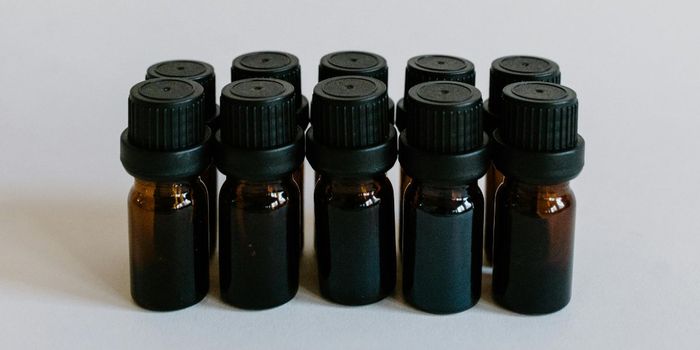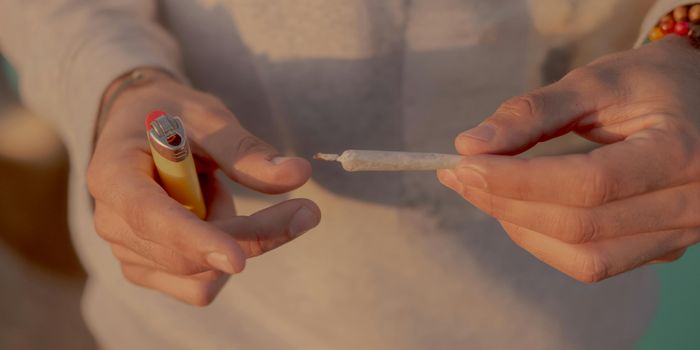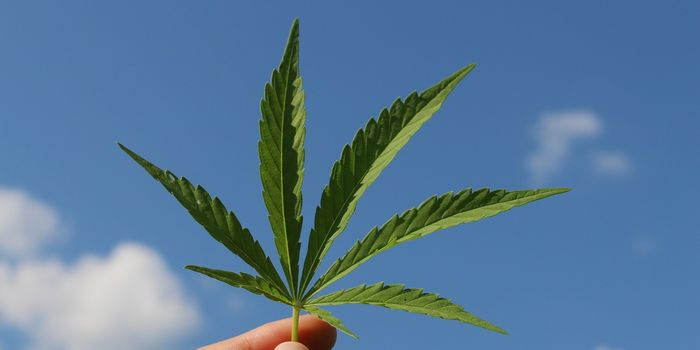Medical Marijuana Versus Mainstream Healthcare
A recent publication in the Journal of Psychoactive Drugs describes the results of a survey of 392 patients who used marijuana medicinally in addition to their prescribed medicine. The study found that the majority of patients tended to increase their medical marijuana use over their prescriptions. Furthermore, these patients had a greater degree of trust in medical cannabis when compared to mainstream healthcare. Patients reported that they believed cannabis to be better than pharmaceuticals in terms of effectiveness, side effects, safety, addictiveness, availability, and cost. Due to the medical use of cannabis, 42% stopped taking their medication altogether and 38% used less.
Source: UnSplash.com
It would appear that medical marijuana may be becoming the "new normal" in healthcare, or at least, some patients would prefer it would be. The survey participants believed that cannabis represented "an effective and relatively harmless alternative to pharmaceuticals that are conventionally prescribed for their respective conditions." Many reported decreasing or ceasing their medication altogether in preference for marijuana. The most common conditions to which patients made the switch? Opioid-based painkillers, non-opioid painkillers, benzodiazepines, and anti-depressants.
The switch from opioid-based painkillers to medical marijuana comes as no surprise given the epidemic of overdoses due to opioid-based painkillers or even heroin. According to the National Institute on Drug Abuse, every day 115 people die from these types of overdoses. This epidemic is due to the increase of opioid-based painkillers prescribed to patients by their doctors. It is no wonder that some patients are becoming wary of Western medicine. Given marijuana's reported effects on pain, many patients are willing to switch over to a non-lethal alternative.
Source: UnSplash.com
Americans for Safe Access, the largest national member-based organization of patients, medical professionals, scientists and concerned citizens promoting safe and legal access to cannabis for therapeutic use and research, has been around since 2002 and advocates that medical marijuana should be incorporated into Western mainstream healthcare. They advocate that medical professionals recommend medical cannabis options as a frontline treatment option or an adjunct therapy.
However, there are still those who warn of the dangers of relying too heavily on marijuana as medicine. In an op-ed piece published in The Washington Post in 2016, Dr. Bertha Madras, professor of psychobiology at McLean Hospital at Harvard Medical School, urges clinicians to take some factors into account when deciding on whether or not to recommend medical marijuana. For one, it can be addictive. Its use as a medicine has not been evaluated by the Food and Drug Administration, which means its safety is unknown. But the results of the recent poll mentioned above suggest that some patients are not swayed by these warnings. They are taking their care into their own hands. Unfortunately, medical marijuana or not, this action is the riskiest of them all: going against the doctor's orders.
Sources: Journal of Psychoactive Drugs, www.marijuanamoment.net, www.drugabuse.gov, Marijuana as Medicine? The Science Beyond the Controversy, LabRoots.com, www.safeaccessnow.org, The Washington Post










